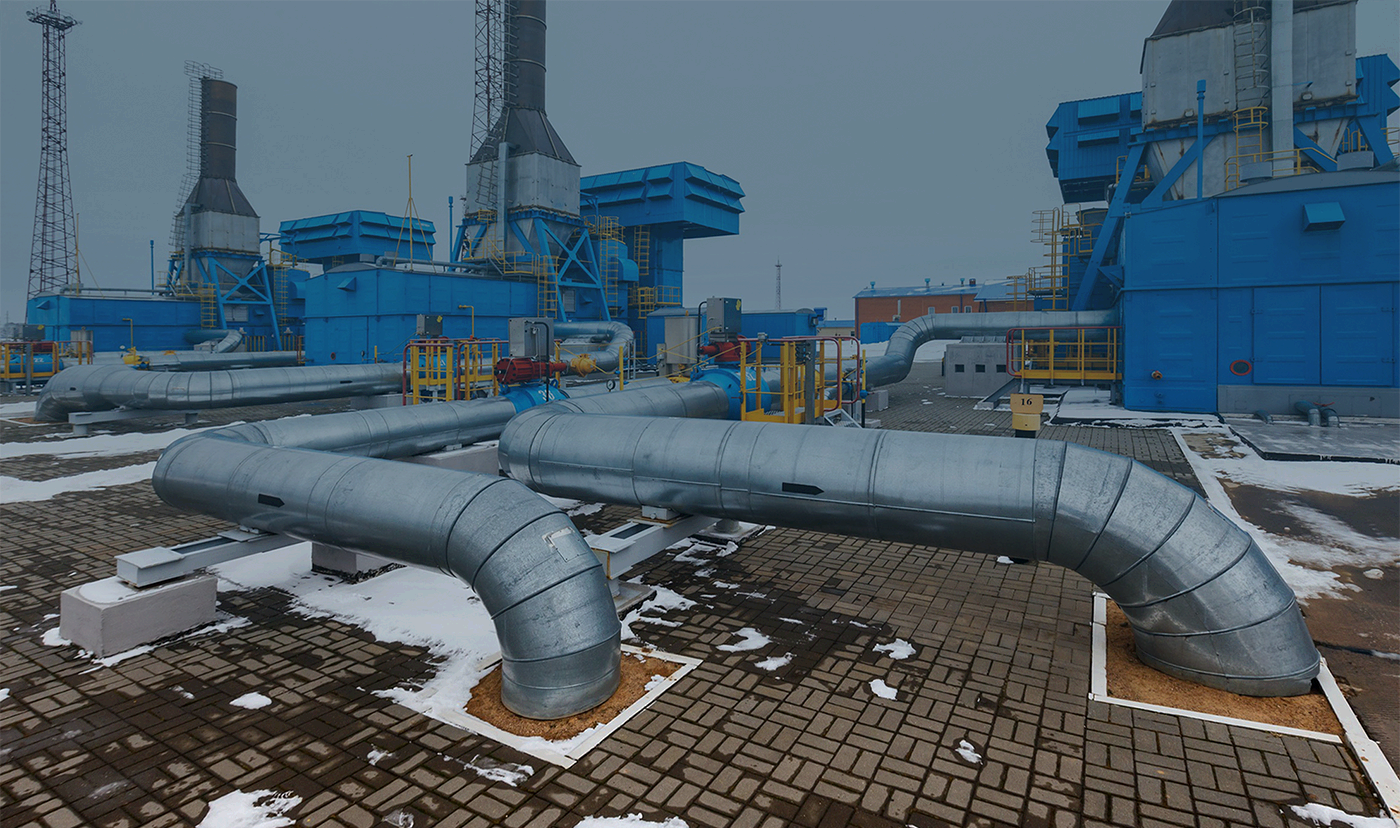
Poland Expects Russia to Continue Gas Transit to Europe
Polish authorities expect that Russia's Gazprom will continue to transport gas through their country into Europe even after a transit deal between the two countries expired earlier this week.
WARSAW (Reuters) — Poland expects Russia to continue sending the same or similar amounts of gas it did before their transit deal expired earlier this week according to auction results and potential delays in the Nord Stream-2 pipeline, a Polish official said.
A gas transit deal between Russia and Poland, dating back to the 1990s, expired on May 17, as Warsaw aligns its energy regulations with European Union rules and curbs its decades-old dependence on Russian fuel.
On May 17 Poland’s gas grid operator started selling capacity on the Yamal pipeline that carries Russian gas from the northern Yamal peninsula to Poland and on to Germany via auctions. The pipe has annual capacity of 33 billion cubic metres (bcm) in Poland.
“The new mechanism entered into force on May 17 and there is a client who uses the new mechanism. One can assume that it is Gazprom Export, which has been using this route from Russia to Germany. It booked 90% of capacity for the third quarter and on Monday booked capacity for June,” Piotr Naimski told Reuters.
He added that on July 6 an annual auction is held for capacity between Oct. 1 2020 and Sept. 30 2021 on the EU’s pipelines.
In theory, Russia will have access to surplus transit capacity following the completion of the Nord Stream-2 undersea pipeline expected early next year, although construction is suspended for now because of U.S. sanctions.
Nord Stream-2 also faces the problem of a collapse in energy demand because of the impact of the novel coronavirus.
“Taking into account a potential delay in Nord Stream-2, it seems that gas transit via Yamal will be continued. Most likely Yamal will be used in the same or very similar extent as it has been up to date,” Naimski also said.
Gazprom was not immediately available to comment.
Gazprom’s spokesman Sergei Kupriyanov told Reuters last week that gas would still transit through Poland but did not go into details about whether transit fees might rise.
Naimski added that a transit tariff imposed in 2017 is still binding and will likely continue until 2022, as the owner of the Polish section of the pipe, EuRoPol Gaz, in which Polish state-run gas firm PGNiG and Russian Gazprom both have 50% stakes, is unable to submit its own tariff request.

